
In a makeshift saltwater nursery located on an offshore Singapore island, a vital scientific experiment is taking place involving corals and sea invertebrates – and Lego bricks.
“We needed to create flat and stable surfaces for the animals to rest on,” explained Neo Mei Lin, a leading marine biologist and senior research fellow from the National University of Singapore’s Tropical Marine Science Institute. “Detachable Lego bricks proved very useful in helping us to hold corals and giant clams in place.”
This quirky and ingenious approach has benefited Neo and her colleague Jani Tanzil, a fellow marine scientist at the institute...
Read More




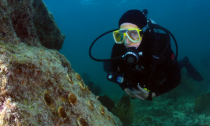
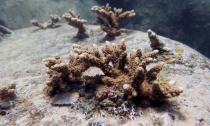
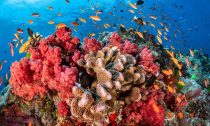
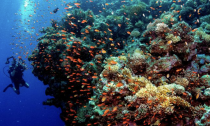
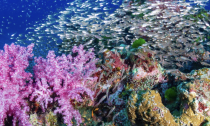



Social Profiles